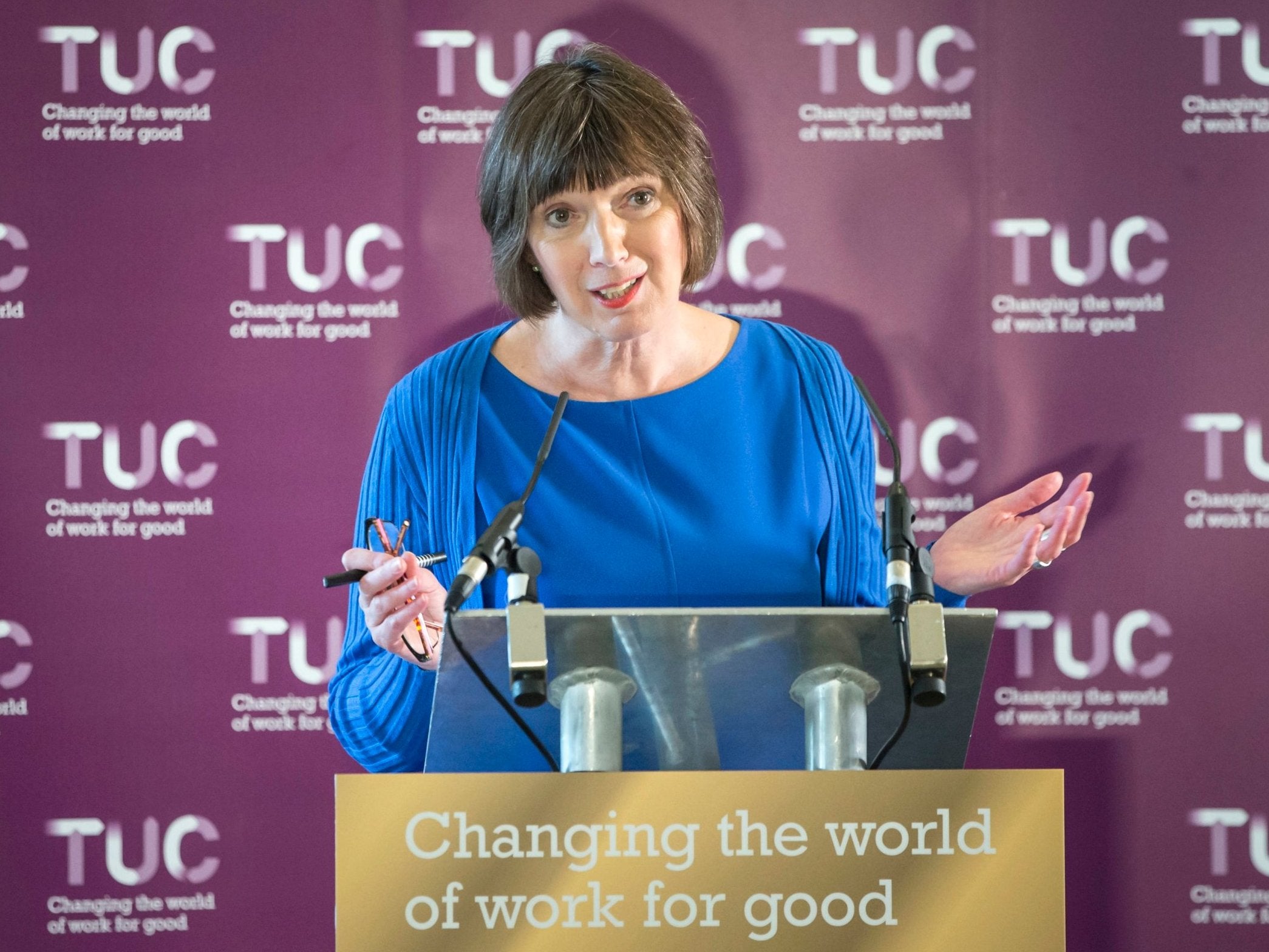I'm no Corbynista – but even I agree we need to bring in a four-day working week
Trials have certainly been successful, with staff said to be more focused on their work when they have sufficient time outside office hours to deal with the usual administration of life


Your support helps us to tell the story
From reproductive rights to climate change to Big Tech, The Independent is on the ground when the story is developing. Whether it's investigating the financials of Elon Musk's pro-Trump PAC or producing our latest documentary, 'The A Word', which shines a light on the American women fighting for reproductive rights, we know how important it is to parse out the facts from the messaging.
At such a critical moment in US history, we need reporters on the ground. Your donation allows us to keep sending journalists to speak to both sides of the story.
The Independent is trusted by Americans across the entire political spectrum. And unlike many other quality news outlets, we choose not to lock Americans out of our reporting and analysis with paywalls. We believe quality journalism should be available to everyone, paid for by those who can afford it.
Your support makes all the difference.If Jeremy Corbyn wants to secure victory in the next general election he could do worse than heed the call of the Trade Union Congress and promise to legislate for a four-day week.
At the TUC’s 150th annual conference today, its secretary-general Frances O’Grady argues that improvements in technology mean that Britain’s workforce need no longer be held to a traditional working pattern. Indeed, O’Grady’s contention is that there is an imperative for companies which benefit economically from advanced automation to pass on those advantages to their staff – by paying them the same wage for working fewer hours.
Arch capitalists reading about O’Grady’s call to arms may well have choked on their double macchiatos, retching at the prospect of effectively increasing wages by 25 per cent. There is also something oddly contradictory about the TUC arguing in favour of a four-day week when so many sectors appear to be significantly underresourced. Only today we have the president of the Police Superintendents’ Association warning that many areas of the police are in crisis, with smaller workforces actually working longer hours. The TUC itself says nearly one and a half million people in the UK work every single day of the week.
Nevertheless, there will plainly be many who support the notion that reducing workers’ hours, but not their pay, is a sensible way to ensure that the financial rewards of ever more advanced tech are shared across all social strata. It is perhaps unsurprising that research by the TUC found 51 per cent of respondents believe those rewards will end up in the pockets of managers and shareholders alone; how nice if they were proved wrong.
Indeed, all this fits into a much broader narrative about rising inequality, which is neatly summed up by any number of handy stats. You know the kind of thing: the top 20 per cent earn 15 times more than the bottom fifth; or FTSE 100 bosses are paid more in three or four days than the typical worker will take home in a year. And if those facts and figures weren’t enough to breed resentment, we have also had a decade in which ordinary taxpayers have bailed out banks and felt the full weight of austerity following the global financial crash.
No wonder that Jeremy Corbyn’s message cuts through to so many; the TUC’s play for a four-day week will have similar resonance.
It ought moreover to provide a useful reminder to the Conservatives – should they need it – that Brexit isn’t the be all and end all for most people. After all, the vote to leave the EU was a symptom of voters’ wider dissatisfaction with the status quo, not merely a judgement about the UK’s role in the “European project”. If the next general election comes after Britain has departed, it will be fought – as most are – on economic issues. As things stand, it is hard not to conclude that Corbyn’s message on the economy is, whether flawed or not, more visible than just about anyone else’s (and certainly more appealing to the huge numbers who believe there should be greater equality between those at the top and, well, the rest).
But even putting politics to one side, there are – for some sectors at least – decent arguments in favour of reducing workers’ hours. Trials have certainly been successful, in both New Zealand and the UK, with staff said to be more focused on their work when they have sufficient time outside office hours to deal with the usual administration of life. Stress levels and absenteeism can both be reduced.
It is undoubtedly true too that one of the primary structural problems with the UK economy is low productivity growth, which in the last decade has been weaker than at any time since it began to be recorded. Bad management is part of the problem, according to the National Institute of Economic and Social Research, and low interest rates have been blamed too; but economists continue to scratch their heads over why Britain’s productivity remains lower than other western countries.
A further explanation might be the degree to which the UK economy is dominated by service industries, in which output is hard to measure – for economists yes; but also for workers, who arguably feel less motivated than employees who can physically see the product of their labours. More time off for those workers might be the key to unlocking the productivity gap.
So, we might just be a few months away from a cliff-edge Brexit meltdown. But at least we’ll get Fridays off, giving us plenty of time to watch the drama unfold.
Join our commenting forum
Join thought-provoking conversations, follow other Independent readers and see their replies
Comments